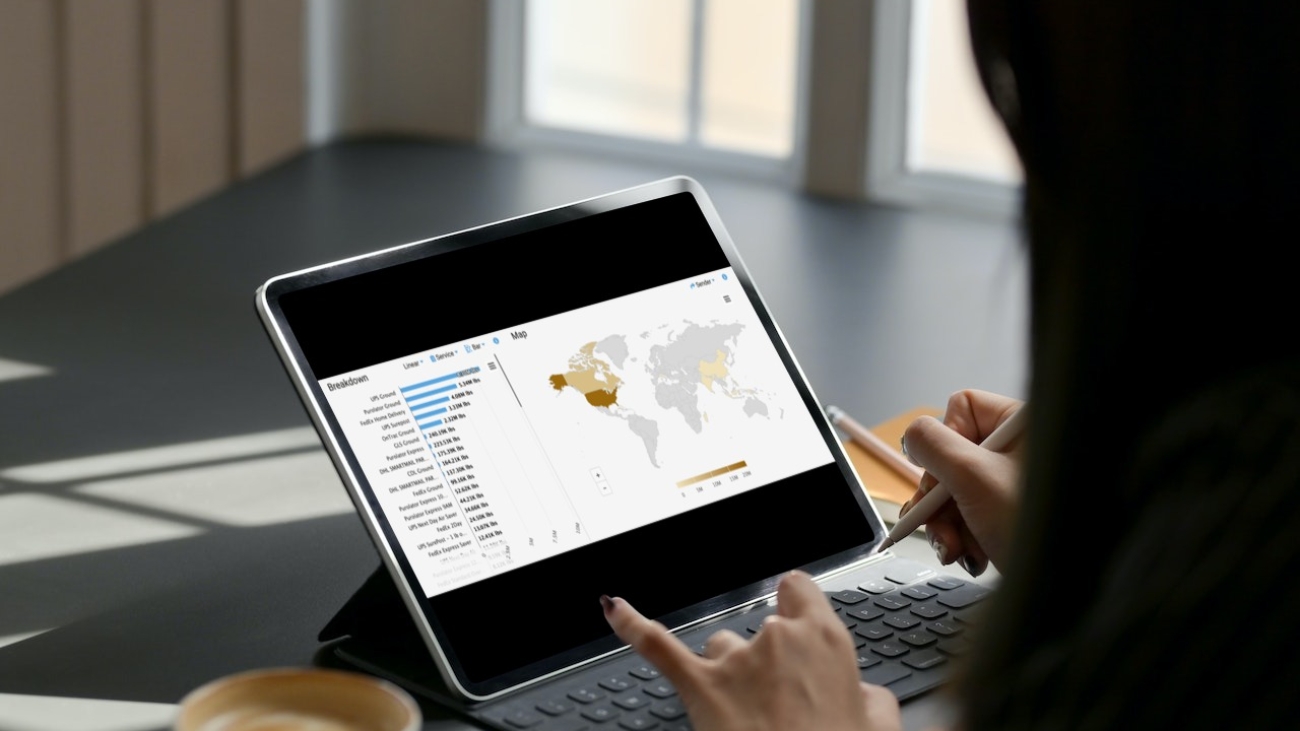Small parcel shipping charges are costly. For this reason, customers opt for products that have a “free shipping” tag. E-commerce giants like Amazon are cashing in on this term. As a result, to outdo their competitors, shippers need to control costs. This article addresses the different ways shippers cut parcel shipping costs using data analytics.
Parcel shipping and logistics are complex processes. Here, we will understand the parameters affecting shipping costs.
Factors affecting parcel shipping costs
Parcel shipping involves high expenses. The expenses are dependent on factors such as:
- Parcel destination
- Delivery speed
- Parcel size
- Parcel weight
- Carrier rates
- Customs duty, taxes, etc.
- Shipping insurance
- Delivery surcharges
Shippers have to consider these factors for reducing parcel shipping costs.
Key Performance Indicators (KPI) of Parcel Shipping
KPIs are equally essential in understanding parcel shipping costs. Consider the following KPIs
- Spotting potential shipping issues
- Accuracy of order
- Tracking the delivery time
- Costs incurred during transit
- Warehouse expenses
- Numbers of orders shipped
- Accuracy of inventory and turnover
Understanding these KPIs will help in controlling shipping charges.
How is data analytics helping?
Parcel shipping generates tons of data. Analysis of the data helps in optimizing supply chain and logistics management. Data analytics of the shipping data controls your parcel spend. Shipping analytics simplifies the process and brings transparency. Automating decisions and implementing real-time analysis reduces shipping costs.
Role of predictive analytics in shipping
Predictive analytics give shipping insights to shipping companies. It improves the efficiency of shipping services. As well as assesses what the future holds. In addition, it can identify any preventable conditions. Shipping software with programmed algorithms makes systems easy to use. So, shippers get actionable data at their fingertips.
Five ways to cut parcel shipping costs
Predictive analytics helps shippers lower parcel shipping costs. Shippers maximize parcel savings by tracking small parcel shipping spend. Thus, the future of parcel shipping lies with shipping analytics. It can optimize shipping performance. There are five ways in which it can achieve this.
1. Collection of shipping data
Shipping data is complex and disparate. It is present in shipping carriers and third-party systems. Automating data capture is vital in data collection. Automation can separate data collection. For data analysis, current shipping data is relevant. It gives insights into reducing shipping costs.
2. Optimizing and normalizing data
Optimizing shipping data is beneficial for companies. The collected shipping data is filtered. It gives companies the most efficient shipping process. Normalizing shipping data is storing it in a single archive. Each parcel is analyzed effectively. Robust, cloud-based shipping software can help in normalizing shipping data.
3. Utilizing real-time analytics
Automated systems can utilize real-time shipping data for decision-making. Predictive analytics use the normalized data on a user-friendly Business Intelligence (BI) platform. Experts will examine the data and point out process improvements. Real-time analytics is problem-solving shipping processes.
4. Streamlining communications with partners
Engaging in discussions with the shipper’s partners is necessary. As partners, who are vendors or carriers can exchange shipping data with shippers. This communication between partners will streamline the shipping process. Robust contacts will help predictive analytics. It gives insights on methods to reduce shipping costs.
5. Responding to real-time data
Up-to-date information is easy to use in controlling shipping spend. Shippers can view parcel shipping expenses in real-time. There is an instant correction of any mismatch in data. Shippers use real-time data to make informed decisions instantly. Small parcel shipping costs will reduce by responding in real-time.
Maximizing parcel shipping profits
Every shipping company’s goal is to protect assets and maximize profits. Shippers can achieve this by reducing shipping costs. The use of data analytics is improving parcel delivery services. In addition, parcel shipping systems need to be automated to stay ahead of the competition. Audintel is the guide for shippers in maximizing parcel shipping profits.
To Summarize
Shippers get repeat business by keeping customers happy. Further, if you reduce shipping costs, you earn more customers. Therefore, there is a need to automate parcel shipping systems. Technology like data analytics is enhancing parcel shipping systems.
Hence, Audintel has an intuitive state-of-the-art Technology Platform. It provides supply chain analytics technology. And so, the user can extract actionable business insights. For further queries, please visit Audintel or contact us at +1 (619) 354 8539 or mail to info@audintel.com.







